I’ve mentioned on at least one previous occasion the idea of “emotive photography” — or, photographing simply to capture the feeling of a moment and not being overly concerned with technical perfection. It’s not that proper exposure and authentic emotion can’t coexist in one photo, but I suspect most people connect with an image due to what it represents more than what is contained in the EXIF info.
It is precisely this expressive representation that makes candid photography so much fun. Good candid photos are typically made when the subject isn’t expecting to be snapped or, if they are aware of the camera, they are so caught up in a moment of joy or amusement it doesn’t matter to them that they’re being photographed. The expressions you are able to capture under such circumstances can infuse your portraits with a great deal of impact.
While opportunities for candid portraits can be found anywhere (around the house, a studio portrait shoot), candids are often closely associated street and event photography, as the subject-to-photographer ratio is quite favorable and you have plenty of room to work.
Get Involved But Don’t be a Pest
Depending on the social dynamics of a particular setting, this can sometimes be a bit tricky. The people around you will realize soon enough that you’re a photographer. Don’t be an annoying photographer. It’s a good idea to talk to people and maybe even show them a shot you’ve taken, but don’t get in the way. You want to elicit trust and camaraderie, not eye rolls.
Don’t Draw Attention to Your Camera
As is often the case in street photography, using a smaller camera is advantageous; people are less likely to be intimidated and you’re less likely to become fatigued than if you’re using a big DSLR. Perhaps more important than your choice of camera body is remembering to turn off the focus confirm beep and avoiding the use of flash if at all possible.
Choose the Right Lens
You will often want to keep a decent amount distance between you and your subjects so that you can scan the whole scene and capture some context. This doesn’t mean you need to use the same lens you use for birding; people aren’t going to appreciate being treated like wildlife. They also won’t be too happy if you’re constantly shoving your camera in their face. Generally, a 50mm lens will serve you well, but a standard zoom is a good option also.
Keep Moving
You can’t expect to stand in one spot and wait for the action to come to you; even if you are somewhat on the periphery of the action, you’ll maximize your potential for good shots by staying mobile and keeping with the flow of action.
Be Patient and Be Prepared
Not every moment is the right moment; you’re aiming for quality over quantity. So, as you move about the goings-on, give different scenarios some time to develop. Eye contact, for instance, always makes for a compelling shot, but you will have to wait for it. And be ready, because when the moment strikes it’s not likely to last long. It may help to set your camera to burst mode and fire off two or three shots to make sure you get a keeper.
Tell a Story
Attempt to connect with the viewer by providing some scenic context. Try to include in your photos things that explain why the subject is happy, excited, surprised, etc. Candid shots work best when viewers can identify with what is going on in the scene.
Respect Your Subjects
Everyone enjoys a good laugh, but don’t seek out or revel in moments that might be humiliating for others. Sharing those sorts of images online might score you a lot of points with a certain crowd, but it won’t be the crowd you want if you intend to maintain a good reputation as a photographer.
Have Fun
Be there. Be involved. Don’t take things too seriously, and do your part to contribute to an environment where everyone is having a good time.
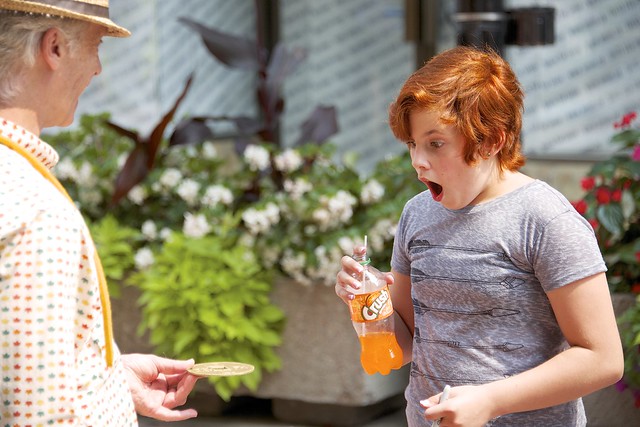
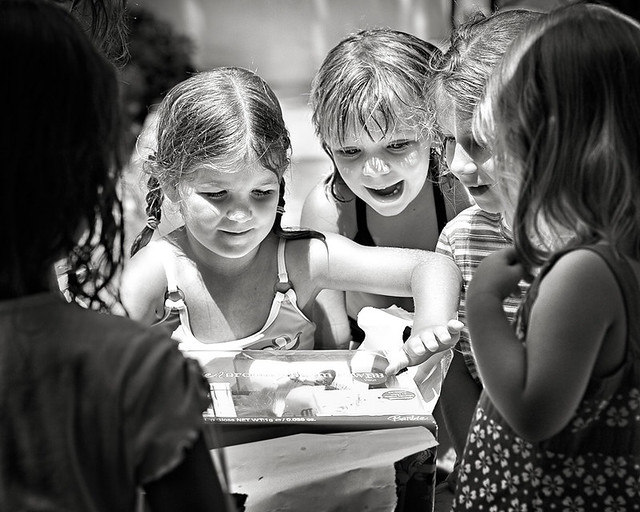
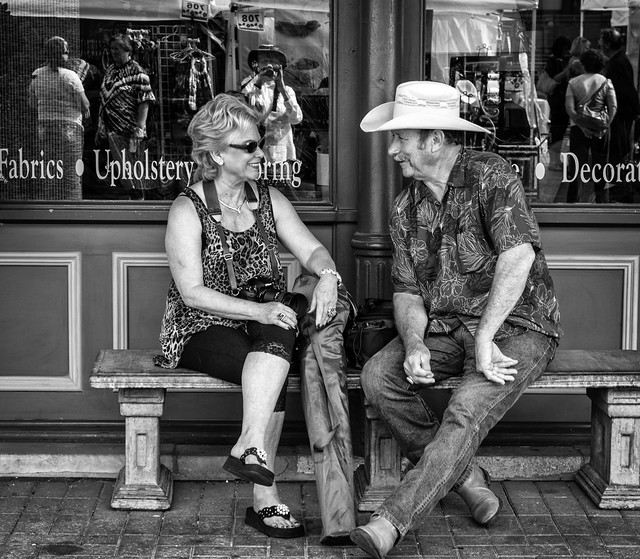

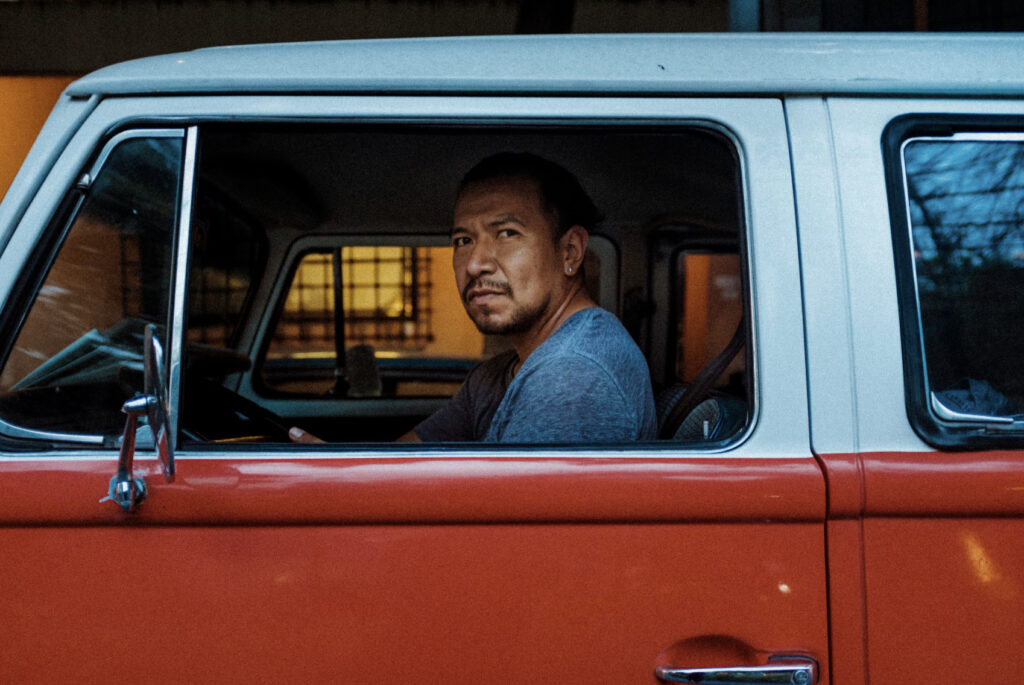
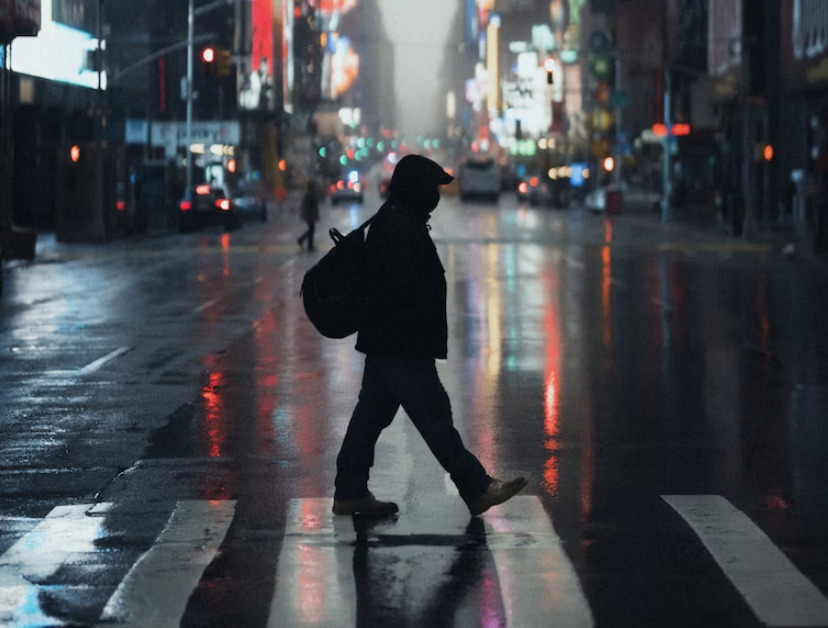
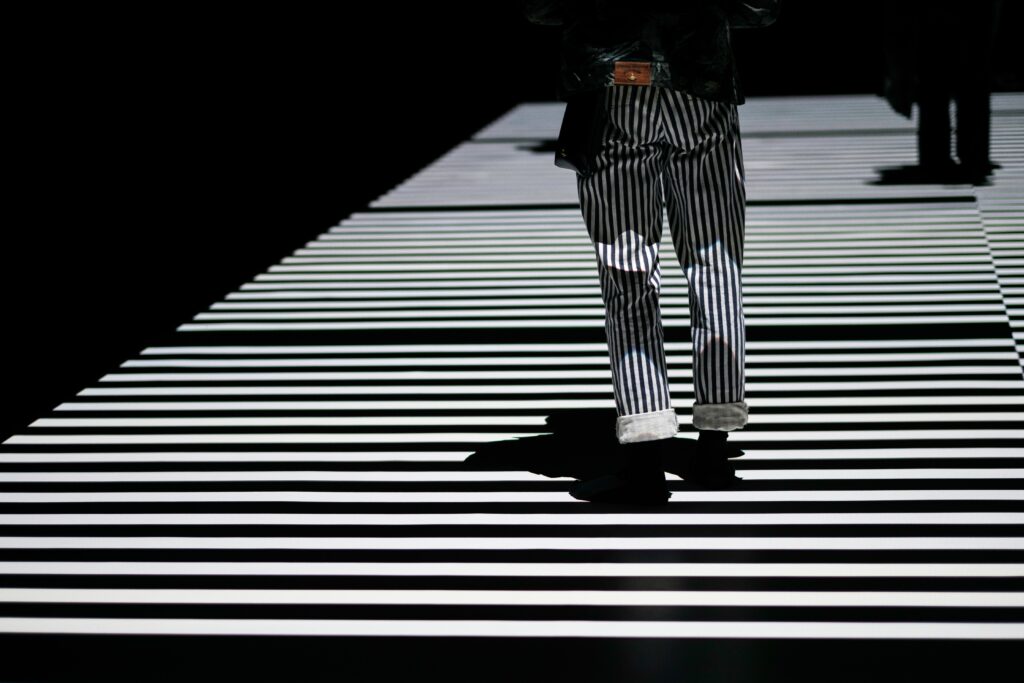
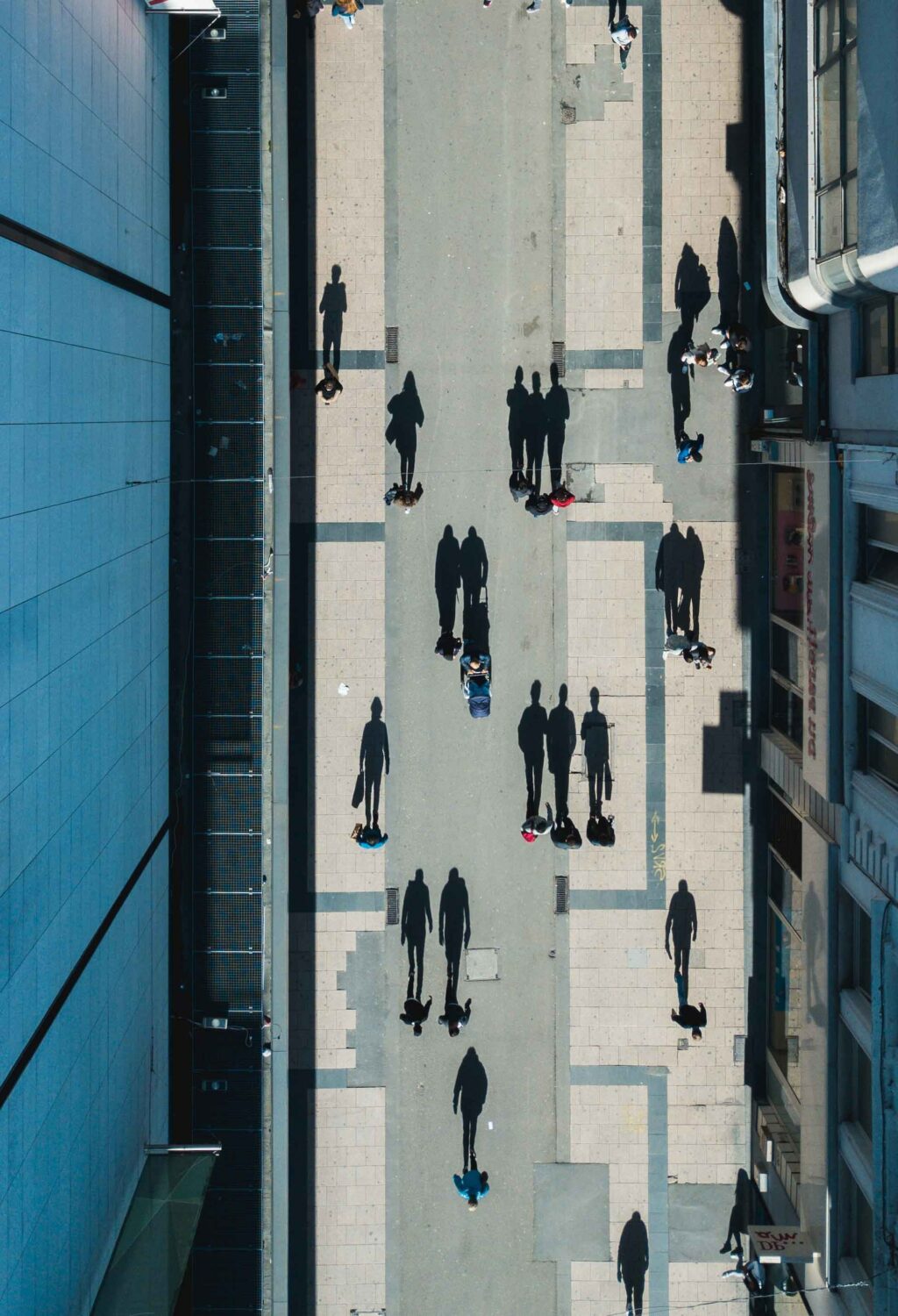
3 Comments
Excellent advice!! Thank you!
Love what you captured!
So I guess the stealthier you are the more candid-er the photos will be 🙂 – great post btw I love it!